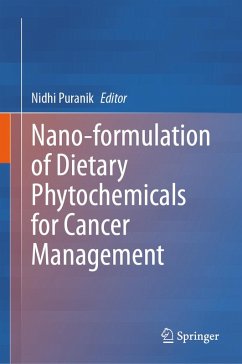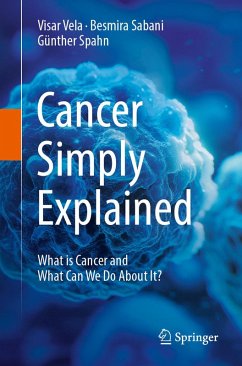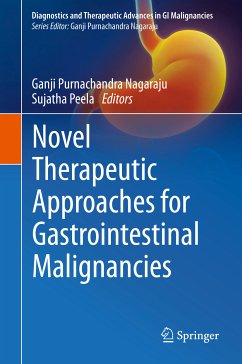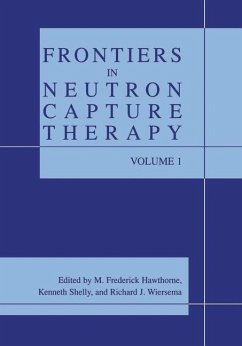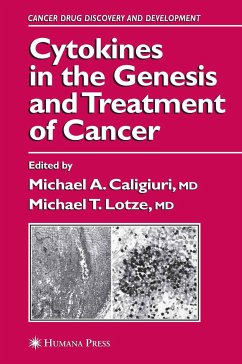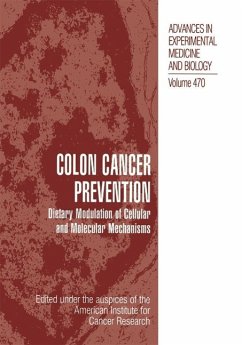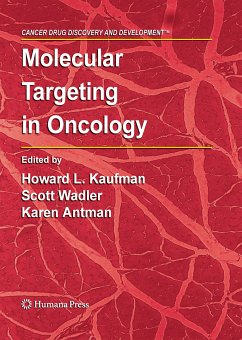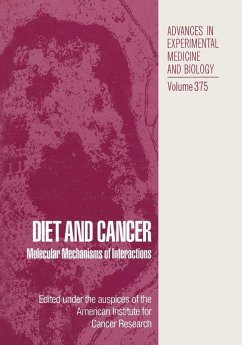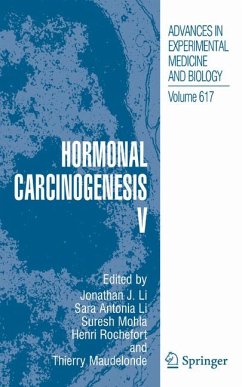
Cancer Genetics and Therapeutics (eBook, PDF)
Focus on Phytochemicals
Versandkostenfrei!
Sofort per Download lieferbar
72,95 €
inkl. MwSt.
Weitere Ausgaben:

PAYBACK Punkte
36 °P sammeln!
The book discusses cancer and the potential use of phytochemicals as cancer therapeutics. It begins with the basics of cancer, including the definition, types, etiology and molecular mechanisms involved, before discussing the fundamentals of diagnosis, treatment and associated problems as well as remedial measures. Since cancer is not a single disease, and the mechanisms of carcinogenesis are different for different cancers, it examines the genes and proteins involved in carcinogenesis, and signal transduction pathways for each individual cancer type. Further, the book reviews the latest resea...
The book discusses cancer and the potential use of phytochemicals as cancer therapeutics. It begins with the basics of cancer, including the definition, types, etiology and molecular mechanisms involved, before discussing the fundamentals of diagnosis, treatment and associated problems as well as remedial measures. Since cancer is not a single disease, and the mechanisms of carcinogenesis are different for different cancers, it examines the genes and proteins involved in carcinogenesis, and signal transduction pathways for each individual cancer type. Further, the book reviews the latest research on phytochemicals for cancer treatment, highlighting their anti-cancer properties, sources, structure, active biomolecules and probable mechanisms of action, and describing their biochemical properties in the context of cancer prevention and treatment.
Dieser Download kann aus rechtlichen Gründen nur mit Rechnungsadresse in A, B, BG, CY, CZ, D, DK, EW, E, FIN, F, GR, HR, H, IRL, I, LT, L, LR, M, NL, PL, P, R, S, SLO, SK ausgeliefert werden.



